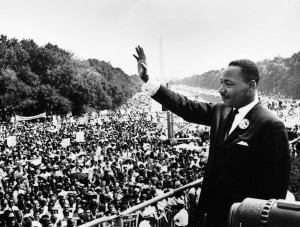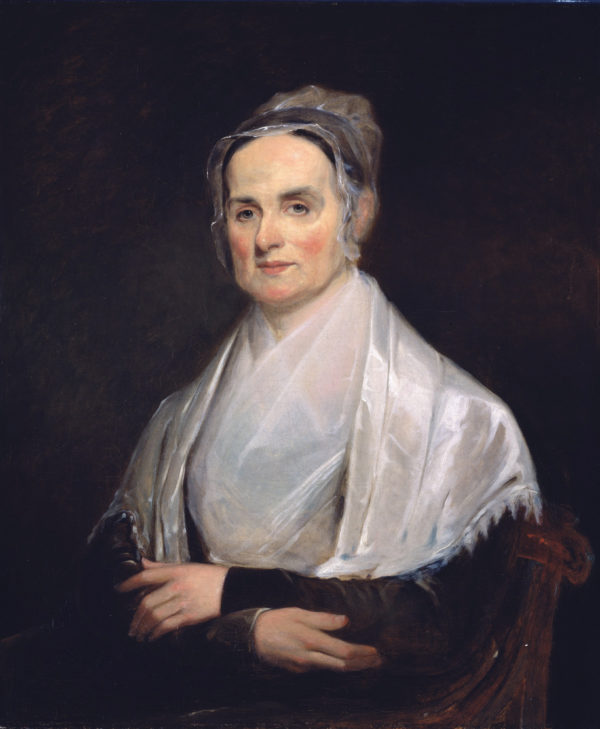-
Equal Pay for Equal Work
Everyone, without discrimination, has the right to equal pay for equal work. Universal Declaration of Human Rights, article 23(4) This idea is hard to argue with. It appeals to our sense of fairness. It appears in the Universal Declaration of Human Rights and in other human rights treaties, as well as in international labour conventions. Its history and elaboration is an achievement of the women’s movement. The principle is not however limited to gender inequality. Like other human rights principles, its realisation is a work in progress. Country after country has entrenched the principle of equal pay for equal work in national laws. Yet on a global scale, equal pay for equal…
-
Do Foreigners Have the Same Human Rights as the Rest of Us?
At the core of human rights is the axiomatic truth that human beings have inherent rights: that all human beings are equal and possessed of dignity and that violation of such rights is both morally offensive and legally impermissible. An alternative ordering of human relationships is mandated by exclusive national citizenship. Implicitly and explicitly national citizenship counsels the primacy of the privileged ‘citizen’ over the ‘non-citizen’ ‘other’. Everywhere we see the manifestation of this ordering in gross, systematic and widespread human rights violations: in our laws, practices, attitudes and media. Some of ‘us’ are the privileged beneficiaries of those violations: and we violate the human rights of foreigners as if…
-
Why Global Citizenship?
1. Introduction Plutarch said: … nature has given us no country as it has given us no house or field. … Socrates expressed it … when he said, he was not an Athenian or a Greek, but a citizen of the world (just as a man calls himself a citizen of Rhodes or Corinth).[1] Plutarch urged his audience to become conscious of a wider reality and to exercise their imagination to overcome a narrow, localised conception of their identity. That is the role of my global citizenship claim too. Plutarch and Socrates did not conceive of the world as a globe,[2] as I do: I have travelled across the world;…










